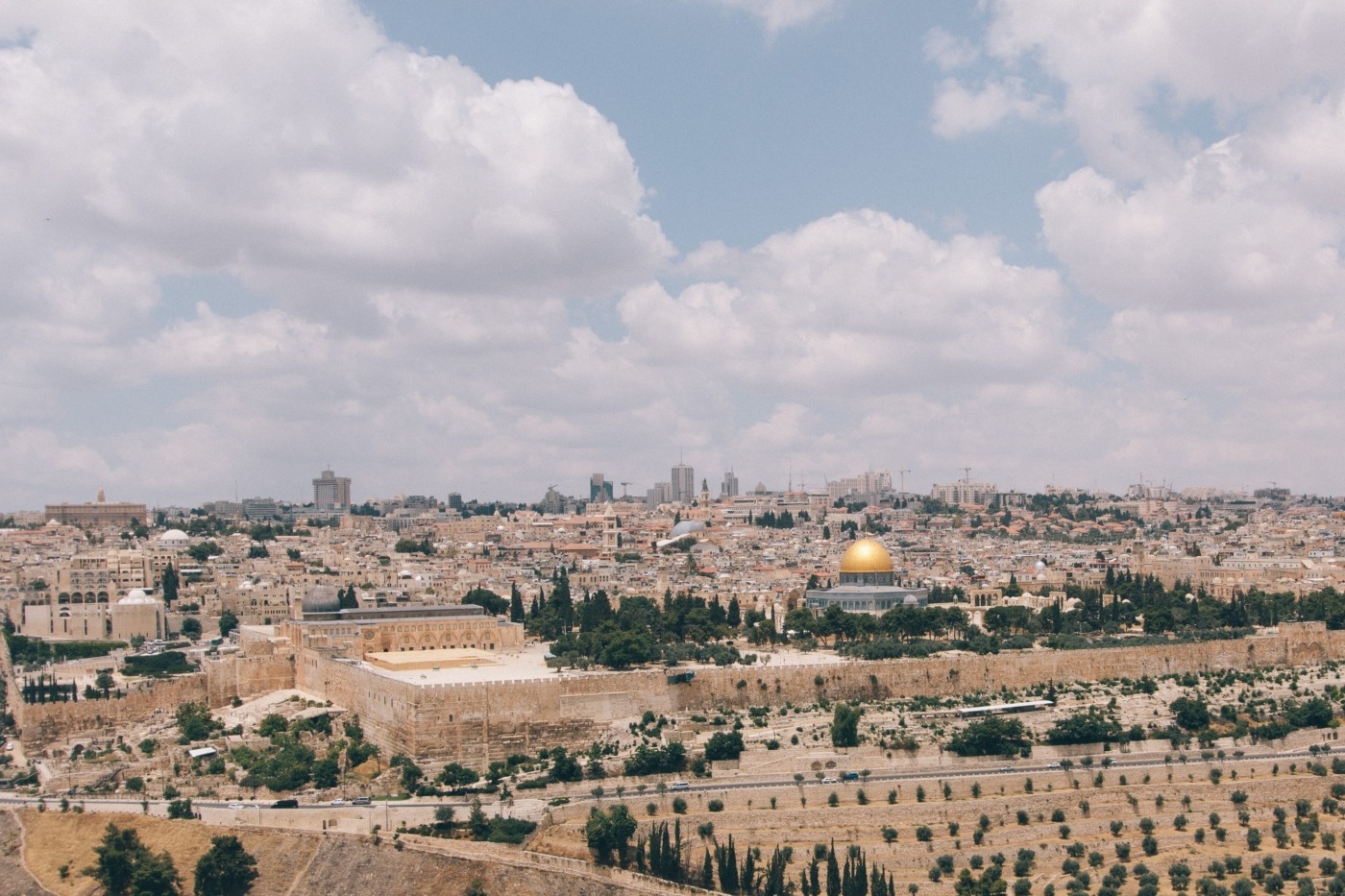The political shakeup in the Israeli elections
All eyes were on Israel this month, as it seemed there could be massive political shake-up in the only democracy in the Middle East. How did the 2019 elections play out, and what could it mean for the future of the country?
The big question was whether Benjamin Netanyahu would begin a fifth term as Prime Minister, or whether his former Chief of Staff General Benny Gantz (and his newly formed Kahol Lavon party) would succeed in ousting him. The election took place under the knowledge that Netanyahu is likely to face criminal cases in three corruption cases and, given that a record number of parties (more than 40) took part in the election, it seemed as though his long domination of Israeli politics was nearing its end. Polls placed Netanyahu’s Likud party in a tight race with Kahol Lavan.
The Israeli system uses proportional representation, and then the elected parties recommend a candidate for prime minister to the president (this could be the head of any of the elected parties, including their own). The president then makes a decision as to which party gets the first shot at forming a governing coalition – it is not necessarily the party with the most seats, but it needs to be able to form a large enough political bloc in the Knesset to give it a majority (there are 120 seats, so the coalitions wants to be at least 61 strong).
Although Likud lost a seat (winning 35, as did Kahol Lavan), 64 lawmakers in the right-wing bloc recommended him to the president, likely continuing Netanyahu’s premiership. It is expected that he will form a coalition with smaller right-wing and religious parties, giving him the majority of 65 with which to govern. A big story of the night was that the once-mighty left-of-centre Labour party, collapsed into near irrelevance, retaining just six seats after losing 13. This fate befell other left-wing and Arab-Israeli parties, with Netanyahu warning throughout the campaign that Gantz would form a coalition with them to allow the creation of a Palestinian state, which he claimed would be a mortal threat to Israel.
Despite this rhetoric, the peace process with Palestine was not a main subject of electoral debate, with many Israelis seeing little hope in the longstanding ‘two-state solution’ – that Israel would live peacefully alongside an independent state of Palestine. Labour’s fate is connected to the highly controversial 1990 Oslo accords, intended to deliver peace, in which the party placed a lot of faith – as the accords seemed to fail, so too did public support for the party.
The changing make-up of the Knesset will likely alter the political battles staged there, however. The Israeli economy is strong and security is strong (Netanyahu has shifted focus to the threat posed by Iran), yet Gantz was able to emerge with a new and legitimate alternative party in a couple of months, suggesting that the future of Israeli politics will be shaped by issues of democracy and governance rather than relations with Palestine (especially if, as expected, Netanyahu is indicted by his own Attorney General), although a forthcoming peace plan for the region, promised by U.S. President Donald Trump, is likely to force the issue back into the headlines and inflame tensions.
At the moment, the election is not interesting so much for what it says about Israel now rather than for what it suggests about the likely future of the country. The right’s dominance has held despite challenges, but when indictments, Palestine and Gantz likely to occupy his attentions. 2019 is certain to be tough for Netanyahu.

Comments